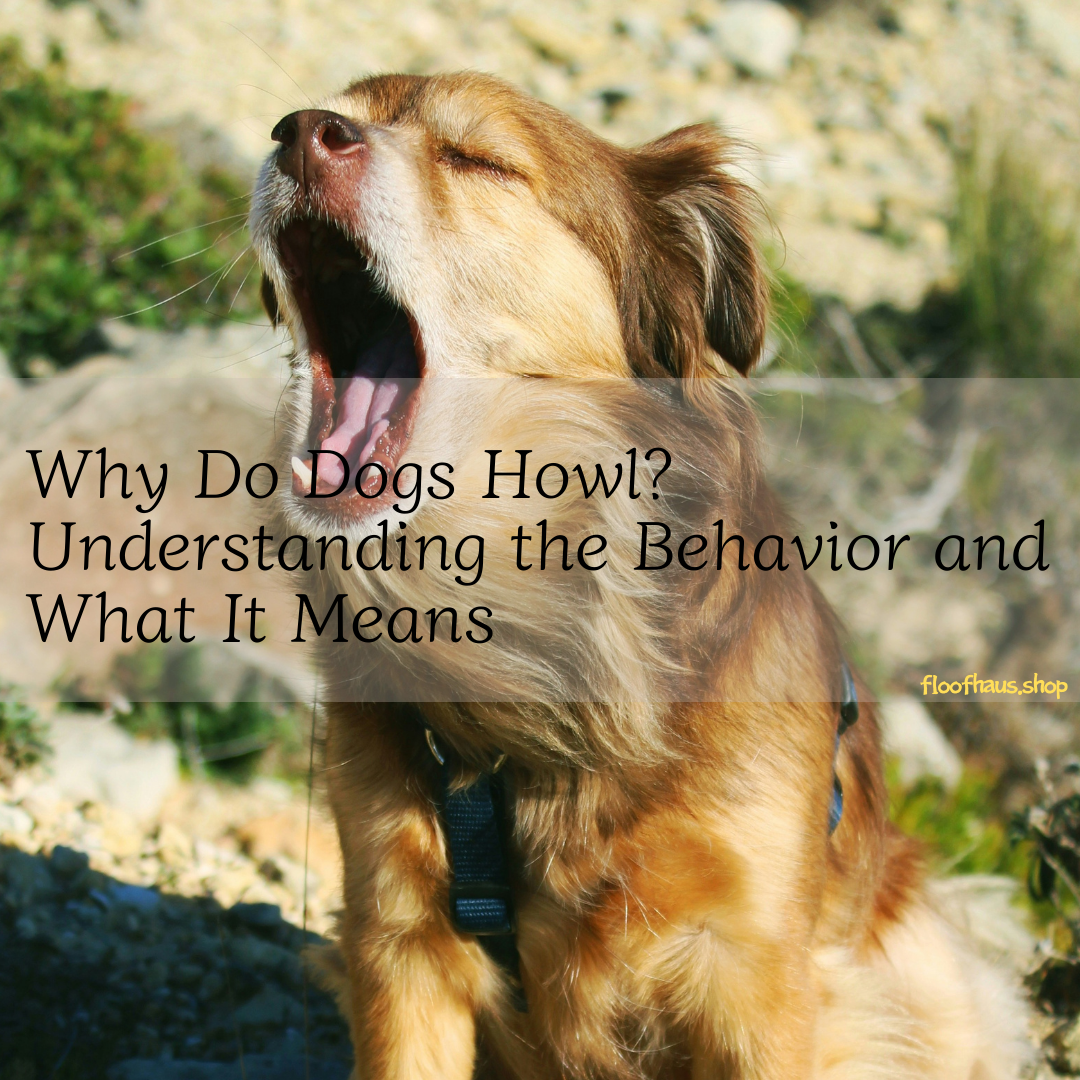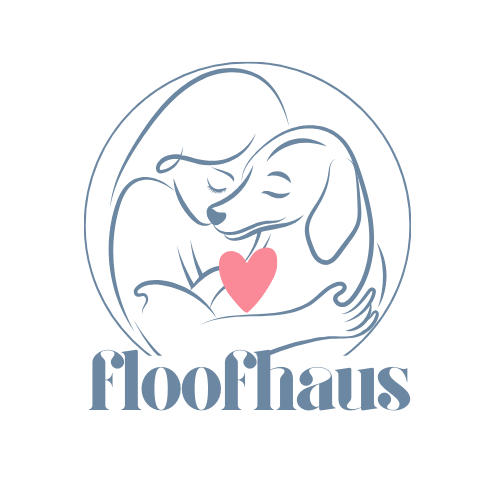
Why Do Dogs Howl? Understanding the Behavior and What It Means
Share

Why Do Dogs Howl?
The first thing to understand is that dogs howl because it’s deeply rooted in their ancestry. Long before domestication, wolves used howls to communicate with their pack across long distances. It was an effective way to mark territory, call out to missing members, or warn others of approaching danger.
When your pup howls today, it’s often this same instinct at work—an echo of their wild heritage. While barking is the more common communication method for domesticated dogs, howling remains a behavior that connects them to their wolf ancestors.
Communication: Howling as a Language
One of the primary reasons dogs howl is communication. For dogs, sound is just as important as body language, and howling is their way of expressing messages that barking alone can’t capture.
- With humans: Many dogs howl when their owners leave the house, as if they are calling out, “Where are you going?” or “Come back soon!” Others howl in response to high-pitched sounds such as sirens or musical instruments, which mimic the tones of other howls.
- With other dogs: In multi-dog households or neighborhoods, a howl can set off a chorus. This isn’t just noise—it’s a collective form of bonding and territory marking. Dogs use howls to let others know where they are or to reaffirm their pack connection.
Think of howling as a kind of long-distance phone call. Dogs can project sound farther with a howl than with a bark, which is why they naturally use it to “reach out.”
Emotional Reasons Behind Howling
Not all howling is instinctual. Sometimes it’s emotional. Here are the most common feelings tied to this behavior:
Separation anxiety
Some dogs feel distress when left alone. Their howling becomes a form of protest or a cry for help. This is often paired with other behaviors like pacing, destructive chewing, or accidents in the house.
Excitement or happiness
Certain dogs do howl when they’re overjoyed—like when you come home after a long day. Their howl is part of an emotional release, showing enthusiasm in a way that barking or tail wagging alone doesn’t capture.
Loneliness
Dogs are social creatures. If they’re isolated, they might howl to seek companionship or attention. This is especially common in single-dog households where the pup spends long stretches alone.
Stress or discomfort
Sometimes howling is an outlet for stress. Loud environments, sudden changes, or even internal discomfort may trigger a dog to howl as a coping mechanism.
When Howling Signals a Medical Concern
While most howling is harmless, sometimes it’s a sign something isn’t right. A sudden increase in howling, especially if your dog has never done it before, could point to pain or illness.
- Injury or discomfort: Dogs in pain may howl to signal distress, similar to how they might whimper or yelp.
- Cognitive decline: Older dogs sometimes develop canine cognitive dysfunction (similar to dementia), which can lead to increased vocalizations, including howling at night.
- Hearing loss: Ironically, dogs that are losing their hearing may howl more, possibly because they’re unsure of their surroundings and rely on their voice to ground themselves.
If you suspect your dog’s howling is tied to health concerns, a veterinary visit is the best next step.
What Can Owners Do About Howling?
The way you respond depends on the cause. Here are some strategies:
Address separation anxiety
- Provide interactive toys and puzzles to keep your dog engaged.
- Use gradual desensitization training to help them feel secure when alone.
- Consider calming aids like anxiety wraps or pheromone diffusers.
Redirect excitement howling
- Teach alternative commands, such as “quiet,” and reward calm behavior.
- Provide structured exercise to burn off excess energy.
Handle loneliness
- Add extra walks and play sessions into your dog’s day.
- Consider doggy daycare or a pet sitter if your schedule keeps you away for long hours.
- A second pet can sometimes reduce feelings of isolation, though this requires careful planning.
Seek veterinary advice for health issues
- Rule out underlying medical problems with a check-up.
- Follow your vet’s guidance on treatment if pain or illness is discovered.
Consistency, patience, and empathy are key. Howling is rarely “bad behavior” in itself—it’s communication. The challenge is to understand what your dog is trying to say.
At Floofhaus, we support healthier, calmer pets
At Floofhaus, we know how puzzling and sometimes stressful it can be when your dog won’t stop howling. That’s why we provide tools and products designed to meet both their physical and emotional needs:
- Interactive puzzle feeders and toys to fight boredom and separation anxiety.
- Comforting beds and blankets that create a safe, secure space.
- Calming aids and supplements formulated to naturally reduce stress.
- Training accessories like clickers and treat pouches to help reinforce positive behavior.
- Guides and resources to help you understand your dog’s emotional signals better.
Whether your pup is howling for attention, communication, or comfort, we’re here to help you respond with love and practical solutions.
Conclusion
So, why do they howl? The reasons are diverse: ancient instincts, communication, emotional expression, or medical concerns. While it can sometimes be frustrating, howling is a window into your dog’s needs and feelings. By paying attention to context and responding thoughtfully, you can strengthen your bond and keep your dog healthier and happier.
Remember, a howl is rarely just noise—it’s a message. As pet parents, our job is to listen.
Sources
American Kennel Club (AKC) – Why Do Dogs Howl?
VCA Animal Hospitals – Dog Communication and Vocalization
PetMD – Separation Anxiety in Dogs
